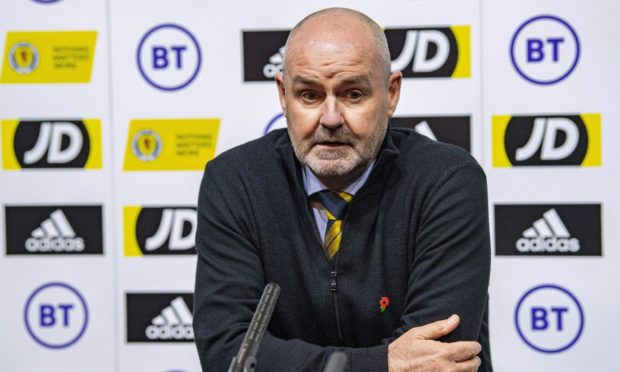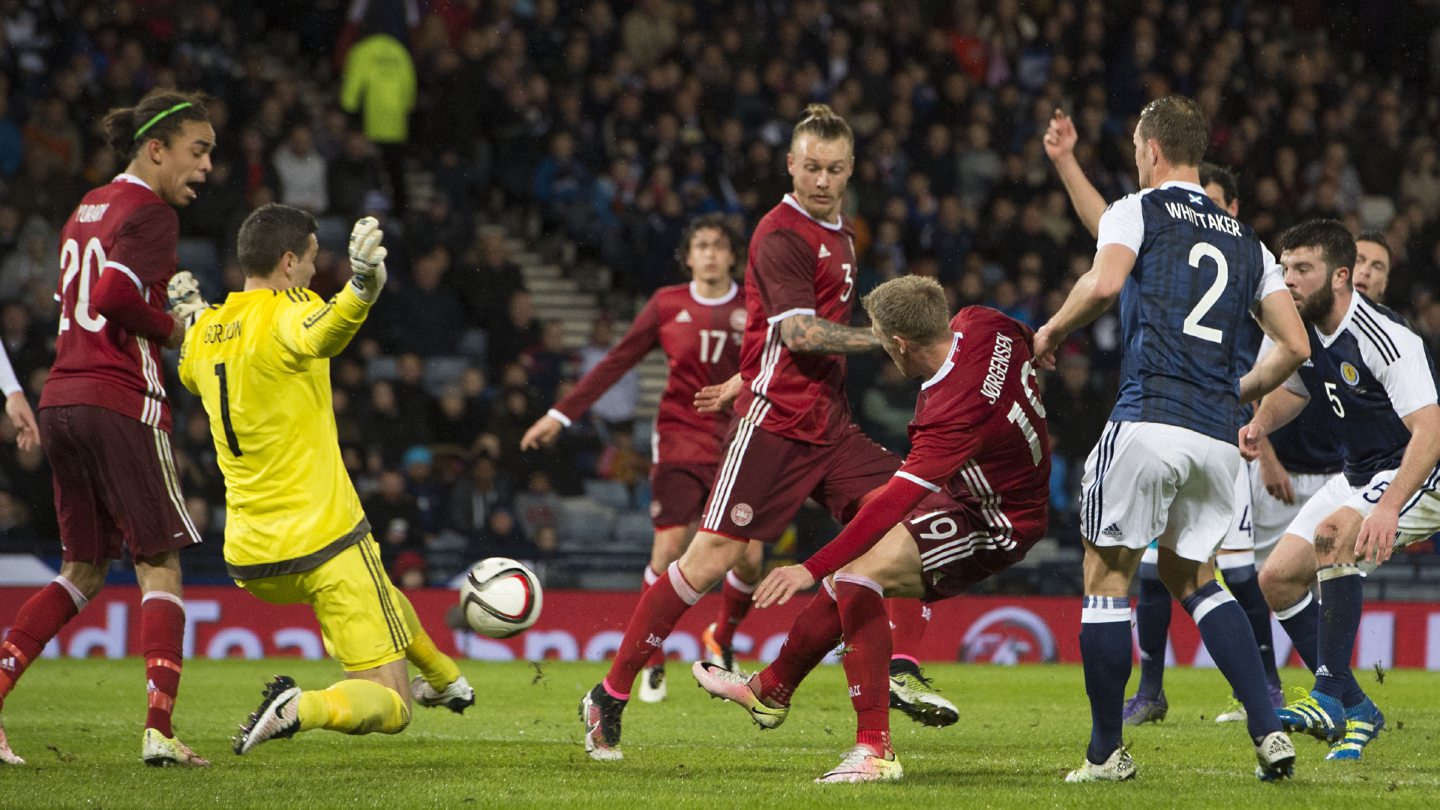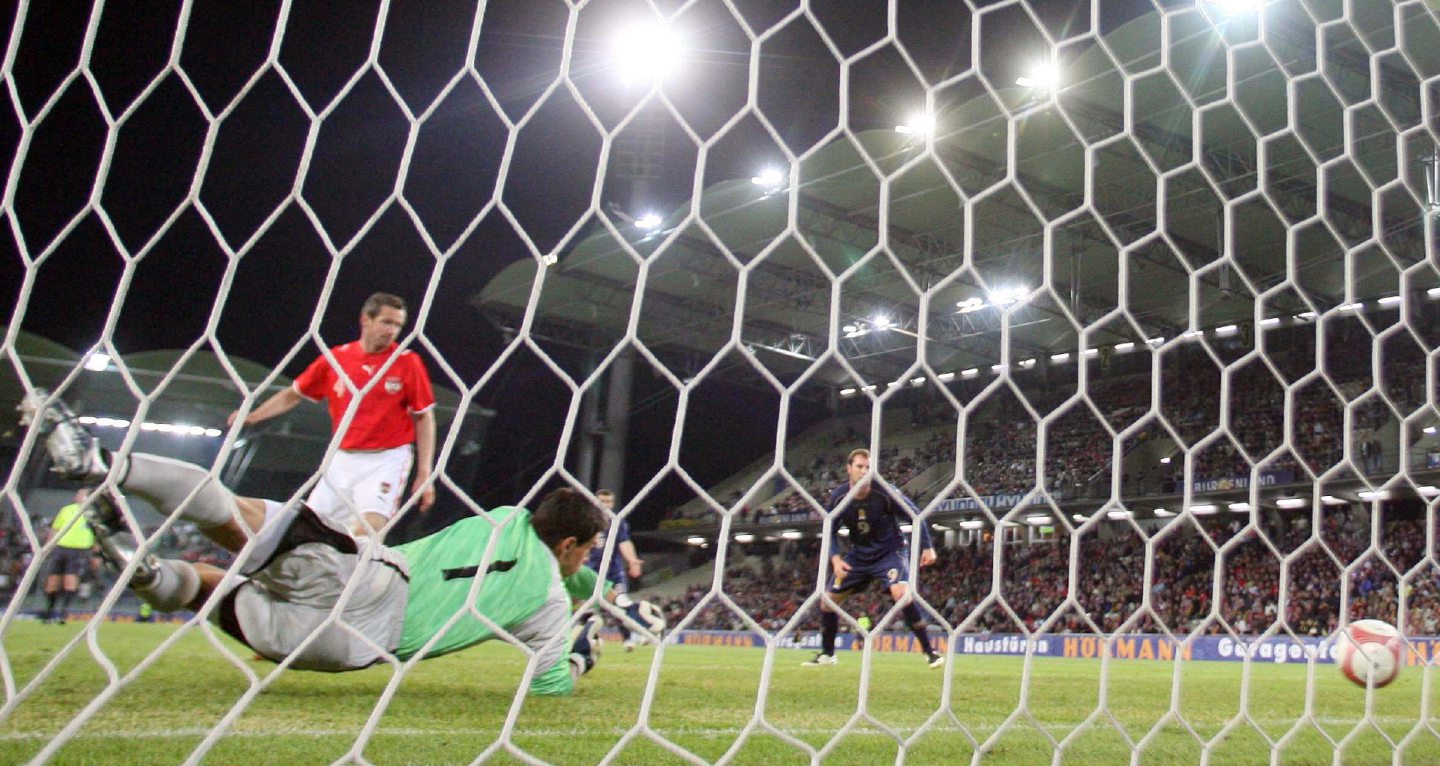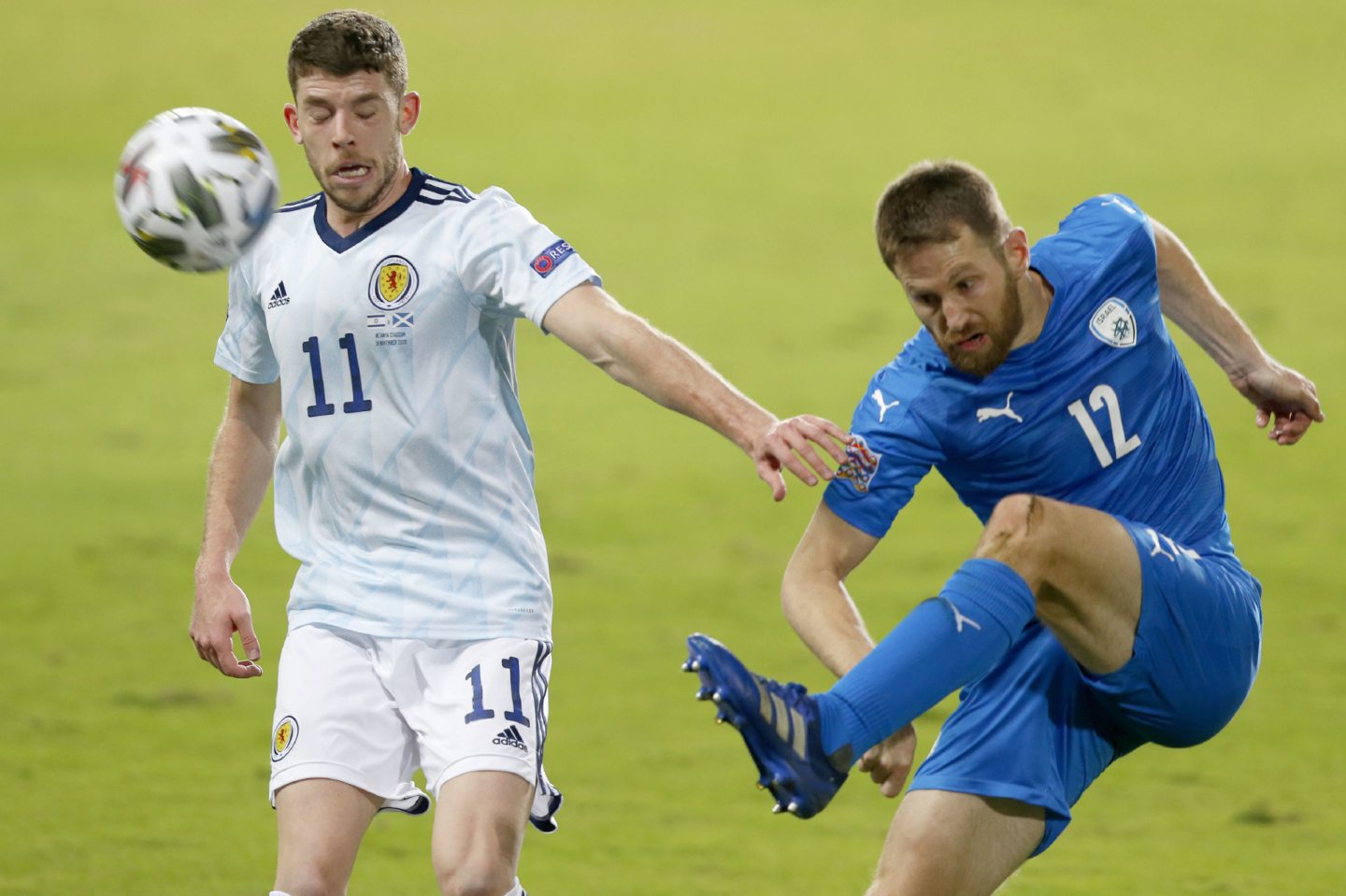Scotland today found out their opponents for World Cup qualifying, as they aim to build on last month’s historic Euros qualification by reaching Qatar 2022.
In a six-team group, the Dark Blues are set to play three qualifiers in March, three more in September, two in October and two in November.
The 10 group winners qualify for the finals, which will be played in November and December 2022 to avoid the summer heat in Qatar, with a further three teams qualifying via the play-offs to be played in March 2022.
The play-offs will be a 12-team tournament comprised of the 10 group runners-up plus the two highest-ranked teams from the Nations League who did not finish in the top two of any group.
The 12 teams will be split into three paths, with the winner of each securing qualification.
It must be noted, should Scotland fail to finish as qualification group winners or do well enough in their group to land a place in the play-offs, there is no back-up play-off spot waiting in the wings like there was for the Euros.
The Dark Blues lost that opportunity when they crashed to Nations League losses against Slovakia and Israel during the last international break.
On the bright side, the draw Scotland have received for World Cup qualifying will have surely delighted Clarke.
We've been drawn in Group F for qualification for the 2022 @FIFAWorldCup, alongside:
🇩🇰 Denmark
🇦🇹 Austria
🏴 SCOTLAND
🇮🇱 Israel
🇫🇴 Faroe Islands
🇲🇩 MoldovaThoughts on the group, Scotland fans? pic.twitter.com/4sqoHFMluu
— Scotland National Team (@ScotlandNT) December 7, 2020
Group F is comprised of Denmark (top seeds), Austria (second), Scotland (third), Israel (fourth), the Faroe Islands (fifth) and Moldova (sixth), all teams the national team have a decent track record against.
There will of course be obviously challenging away trips, as well as potential banana skins, along the way, but – when you look at some of the other group-mates the Scots could have landed – it’s not a draw which pours cold water on the optimism created last month.
Let’s have a look at Scotland’s Group F rivals in a bit more detail:
Denmark
The group’s top dogs (on paper) have played Scotland 16 times in international football, the Scots winning 10 and Denmark winning six. The last game between the two nations came in 2016, with the Scots taking the Hampden friendly 1-0, as they had an identical fixture five years earlier.
While there have only been friendlies in the last three decades, the teams’ last competitive meeting was at the Mexico ’86 World Cup, and Denmark prevailed 1-0 in that one – their first ever World Cup match.
They’ve been up and down in terms of qualification and success over the years, however, the European champions of 1992 have certainly been in great form in 2020, beating England, Iceland and Sweden, while they finished 11th at the 2018 World Cup in Russia.
Although not as strong as other pot one nations, their squad is still of course packed with top talent. If they have a weakness, it’s up front, with Barcelona’s Martin Braithwaite bagging seven goals in 46 caps.
However, in midfield there’s 100-plus-capped former Tottenham star Christian Eriksen, of Inter Milan, in defence there’s 100-plus capped Simon Kjaer, of AC Milan, and in goal is Leicester City’s Kasper Schmeichel.
Austria
Scotland and Austria have met 20 times on the pitch over the decades, with the last clash a 1-0 Dark Blues friendly win in 2007, courtesy of a goal from Garry O’Connor.
The Austrians have only lost once in 2020 – to Romania – and they have also defeated the likes of Northern Ireland, Norway and Greece in that period.
With the likes of Aleksandar Dragovic (Bayer Leverkusen), David Alaba (Bayern Munich), Marcel Sabitzer (RB Leipzig) and Marko Arnautovic (Shanghai SIPG) in their ranks, they’ve got a lot of experienced internationals, with many playing in Germany’s Bundesliga.
Israel
The Israelis are a side who Scotland know in intimate detail. They’ve drawn them in the last two Nations League campaigns, while they also beat them on penalties at Hampden to reach the (ultimately glorious) Euro play-off with Serbia.
That penalties win aside, the other four meetings between the sides in the last two years have resulted in two Israeli wins, a draw and a Scotland victory.
The Dark Blues’ losses both came in away games, including last month’s 1-0 defeat which cost Clarke’s team back-up route into the World Cup play-offs.
Israel’s danger-man in recent meetings has unquestionably been Eran Zahavi, the creative attacker who has scored in two of the games, while attacking full-back Eli Dasa has also impressed.
The Faroe Islands
Scotland have never lost to the Faroes, but played out two draws with them, in 1999 and 2002, both Euro qualifiers.
Both games were an example of what can happen in international football if you’re not at it in an unfamiliar country – Scotland have certainly experienced the feeling often enough.
It should also be noted while they count released Aberdeen youngsters like Hallur Hansson and Gilli Rolantsson in their national team ranks, plus former Banks o’ Dee and Keith defender Odmar Faero, the latter’s club, Klaksvik, got further in Europa League qualifying this season than the Dons did.
That being said, while they’ve beaten Malta and Andorra in 2020, the Faroes have also lost to Lithuania and drawn with Latvia. Group-mates Denmark beat them 4-0 in an October friendly.
Moldova
The group’s bonafide minnows are 117th in the FIFA rankings.
Their last win was a 1-0 victory over Andorra in June last year and they are without a victory in 16 outings – although they did draw with Kosovo in a Nations League game and, notably, Russia in a friendly in 2020.
Bear in mind, Scotland’s aggregate across their two Euro qualifying games with Russia was 6-1 against.
Although the Moldovans do have experienced players playing abroad in decent leagues, like Istanbul Basaksehir’s Alexandru Epureanu, most of their players are home based.



